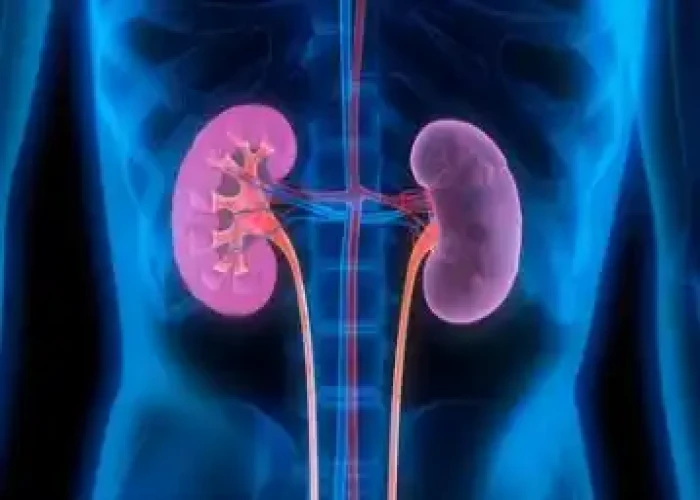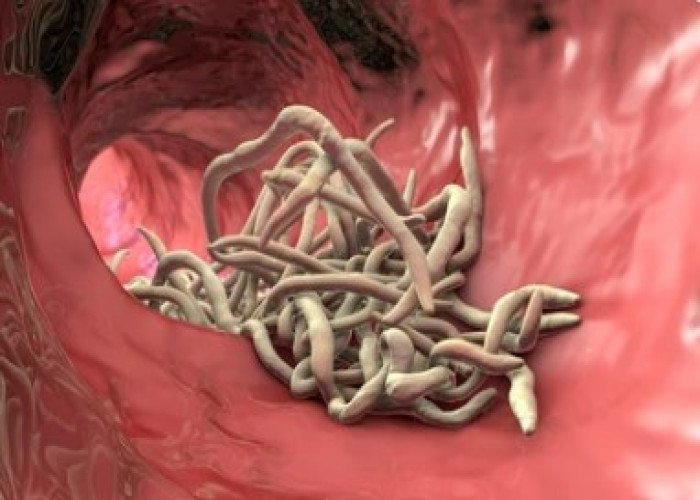 Welcome
Welcome
“May all be happy, may all be healed, may all be at peace and may no one ever suffer."
Intestinal boils - Yoga remedies
Intestinal boils, also known as intestinal abscesses or intra-abdominal abscesses, are collections of pus that form in the abdominal cavity. These boils are usually caused by bacterial infections that occur within the intestines or other abdominal organs.
The symptoms of intestinal boils can vary depending on their location and severity. Common symptoms include:
- Abdominal pain and discomfort
- Fever
- Nausea and vomiting
- Diarrhea or constipation
- Loss of appetite
- Fatigue
Intestinal boils can be caused by a variety of factors, including:
- Diverticulitis: This is a condition where small pouches in the colon become inflamed or infected, leading to the formation of abscesses.
- Inflammatory bowel disease (IBD): Both Crohn's disease and ulcerative colitis, two forms of IBD, can lead to the development of intestinal boils.
- Appendicitis: This is an inflammation of the appendix, a small pouch attached to the large intestine. If the appendix becomes infected, it can lead to the formation of an abscess.
- Surgery: Any surgical procedure in the abdomen can lead to the formation of abscesses.
- Trauma: Injuries to the abdomen can cause abscesses to form.
Intestinal boils are typically diagnosed through imaging tests, such as CT scans or ultrasounds, which allow doctors to visualize the abscess. Treatment typically involves draining the abscess and administering antibiotics to treat the underlying infection.
In some cases, surgery may be necessary to remove the abscess or treat the underlying condition. Complications from untreated or inadequately treated intestinal abscesses can be serious and potentially life-threatening, so it is important to seek medical attention if you are experiencing symptoms that could indicate the presence of an intestinal boil or abscess.
In conclusion, intestinal boils are collections of pus that form in the abdominal cavity, typically as a result of bacterial infections. Symptoms can include abdominal pain, fever, and gastrointestinal symptoms. Treatment involves draining the abscess and administering antibiotics, and in some cases, surgery may be necessary. It is important to seek medical attention if you are experiencing symptoms of an intestinal boil to prevent complications.

Insanity

One leg is short

Beriberi

Kidney failure

Cancer

Worm

Cholera

Asthma
Intestinal boils, অন্ত্রে ফোঁড়া
To be happy, beautiful, healthy, wealthy, hale and long-lived stay with DM3S.
